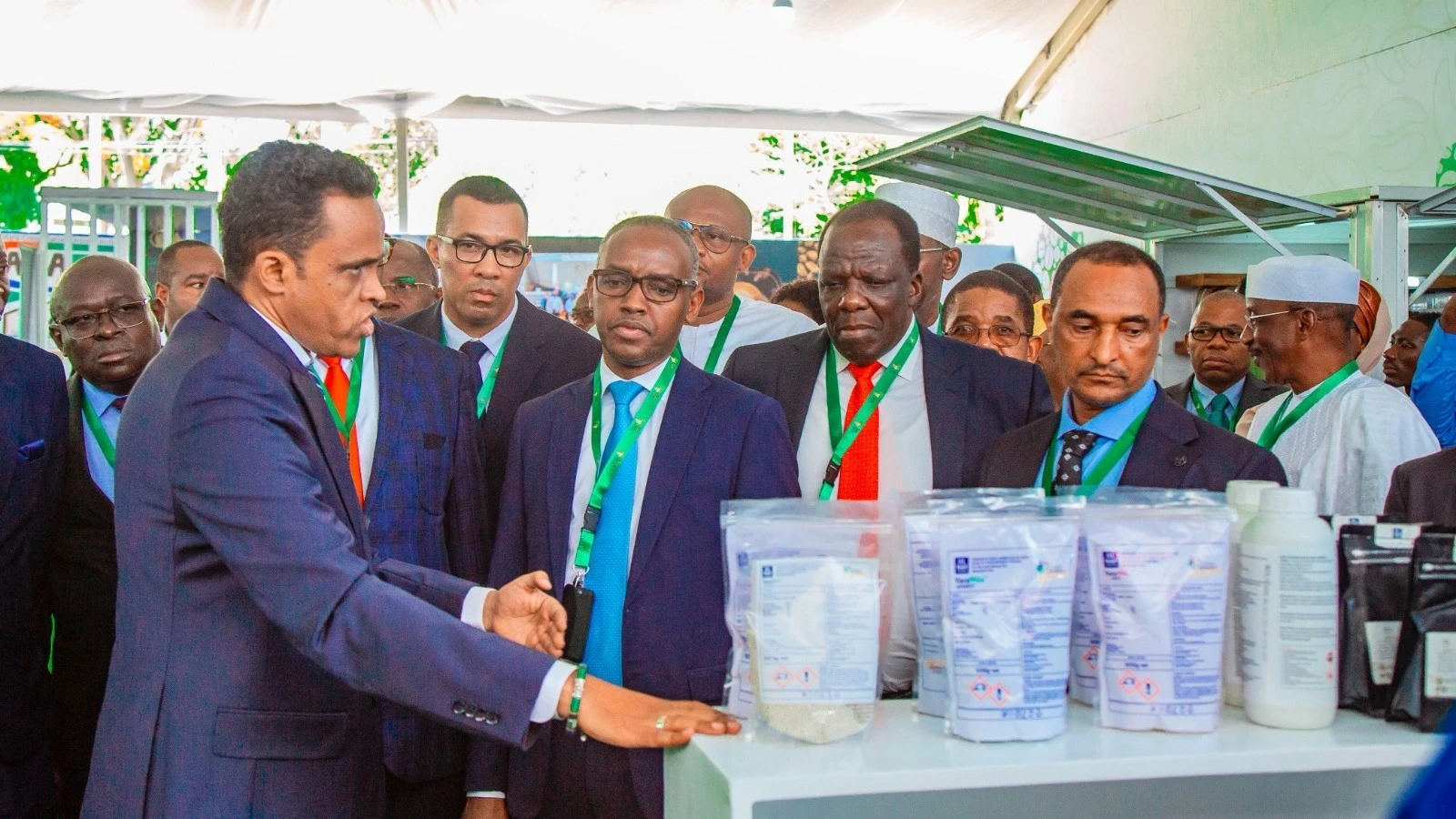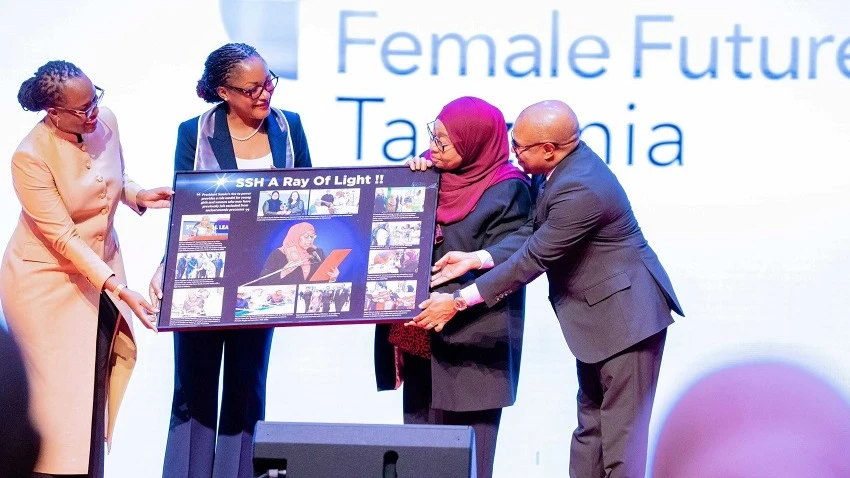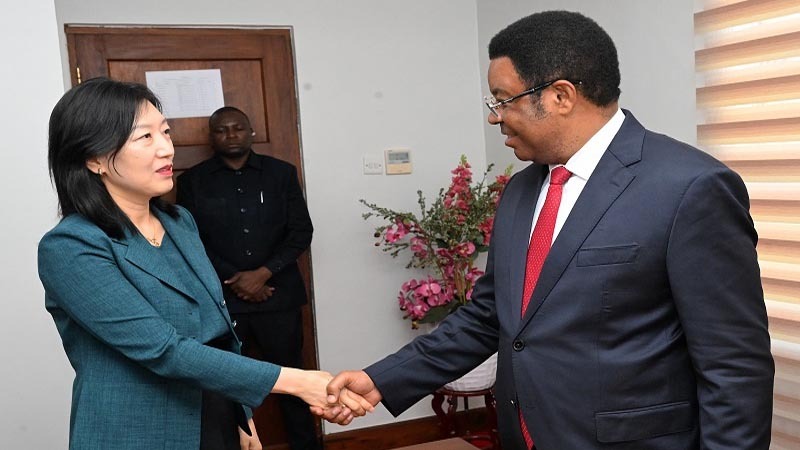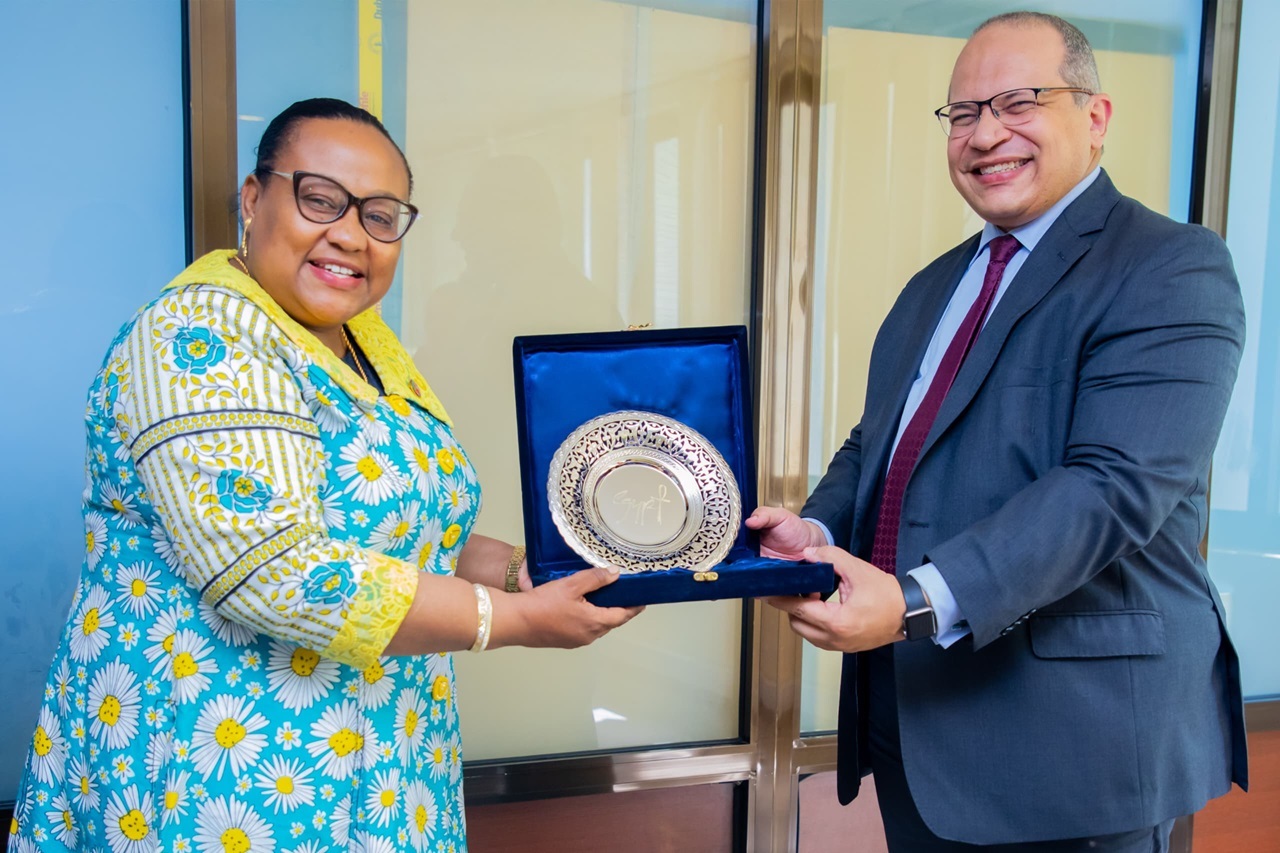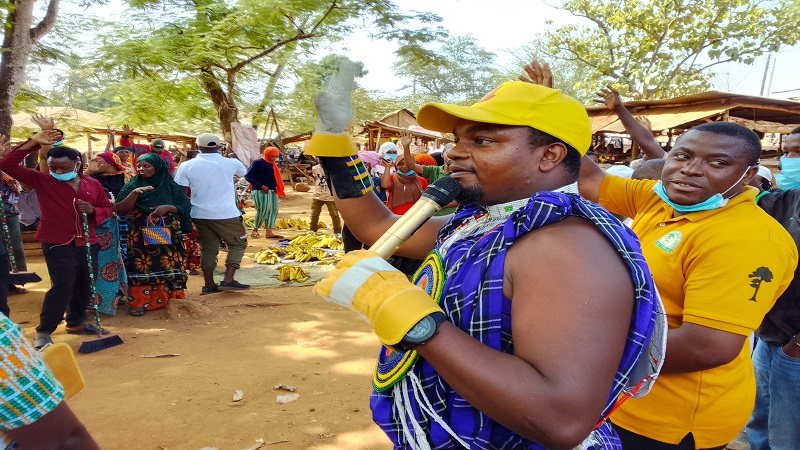Strengthening farmer-managed seed systems for enhanced food sovereignty in East Africa
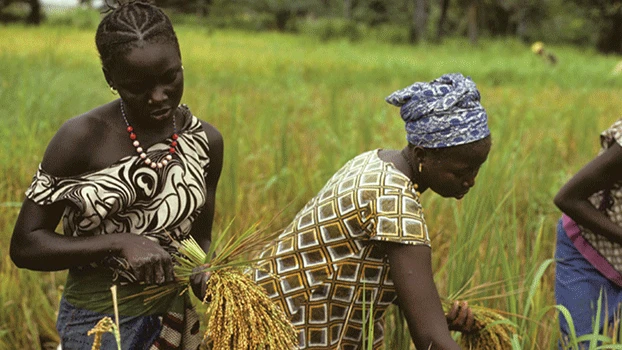
IN an era where agriculture forms the backbone of global food security, seeds are the fundamental building blocks of life.
The quality, availability, and diversity of seeds directly shape the resilience of food systems, especially in East Africa, where countries like Kenya, Uganda, and Tanzania rely heavily on agriculture for both their livelihoods and economic stability.
Recognizing the indispensable role that seeds play, the Biodiversity and Biosafety Association of Kenya (BIBA Kenya) and the Africa Biodiversity Network (ABN) have joined forces to organize a grand seed workshop that was held in Nairobi, Kenya, aiming to address challenges and opportunities surrounding Farmer-Managed Seed Systems (FMSS) and food sovereignty in the region.
The workshop brought together key strategic partners from ABN, including BIBA Kenya, the Southern and Eastern Africa Trade Information and Negotiations Institute (SEATINI) Uganda, and the Tanzania Alliance for Biodiversity (TABIO).
These organizations have led the one-year project—‘Strengthening Networking, Farmer-Managed Seed Systems for Food Sovereignty in Kenya, Uganda, and Tanzania’.
Funded by Brot für die Welt (BftW), the project focuses on enhancing the resilience of smallholder farmers through the preservation and promotion of indigenous seeds and agroecological practices.
This collaborative effort is driven by the shared understanding that the ongoing loss of agro-biodiversity, exacerbated by climate change, poses a serious threat to food security across the region.
While the formal seed system plays a crucial role in providing standardized, high-yield varieties, Farmer-Managed Seed Systems offer unique value.
These systems are decentralized, community-driven, and deeply rooted in the cultural traditions of East Africa’s diverse ethnic groups.
However, despite their significance, farmer-managed seed systems remain underappreciated and inadequately supported by current legal and policy frameworks, raising concerns about their long-term sustainability and the overall food security in the region.
The grand seed workshop serves not only as a platform for dialogue but also as a springboard for action.
Participants from Kenya, Uganda, and Tanzania, including farmer groups advocating for indigenous seeds and agroecology, have exchanged knowledge, shared best practices, and strategized on how to strengthen FMSS.
The workshop provided hands-on training and field observations of sustainable agricultural practices, fostering a collaborative learning environment to enhance policy understanding and practical application.
A key focus of the workshop was the study on "Building Farmer-Managed Seed Systems and Preserving Indigenous Seeds in East Africa.
This comprehensive study explores the intricate relationship between seeds, biodiversity, and cultural heritage in Kenya, Uganda, and Tanzania.
It highlights the importance of FMSS in maintaining seed diversity, ensuring seed availability, and fostering resilience against environmental challenges such as climate change.
The study’s findings underscore the need for a strategic approach to promote and support FMSS as a vital component of sustainable agriculture in East Africa.
Farmer-Managed Seed Systems are essential for ensuring food security, particularly in rural areas where the formal seed sector’s reach is limited.
Unlike the formal sector, which is well-structured and commercialized, FMSS thrive on practices such as seed saving, sharing, and exchange.
These practices are crucial for maintaining seed diversity, which, in turn, enhances the resilience of crops to pests, diseases, and extreme weather conditions.
The diversity of seed varieties available through FMSS is not only critical for climate adaptation but also for preserving indigenous knowledge and agricultural heritage.
Moreover, FMSS play a pivotal role in empowering women, who are often the primary custodians of seed and food systems in rural communities.
However, the lack of formal recognition and support for FMSS in national policies remains a significant barrier to their sustainability.
The grand seed workshop seeks to address these challenges by fostering regional collaboration and developing informed strategies to advance seed sovereignty in East Africa.
East African nations manage dual seed systems: the formal sector, which is highly regulated and commercialized, and the informal sector, characterized by decentralized, community-led Farmer-Managed Seed Systems.
In rural areas, where formal seed systems struggle to reach, FMSS play a crucial role in safeguarding food security.
Despite their vital contribution, FMSS remain largely undervalued and poorly supported by existing legal and policy frameworks. This neglect raises significant concerns about the sustainability of agriculture and food security in the region, particularly as challenges like climate change intensify.
The formal seed sector involves certified seeds produced by registered seed companies, subject to rigorous quality control and regulation by national authorities.
This sector predominantly serves commercial farmers who can afford the cost of certified seeds and have access to distribution networks.
On the other hand, FMSS operate outside formal regulatory frameworks, characterized by farmer-to-farmer seed exchanges, local seed saving, and community seed banks.
In Kenya, for example, the informal sector provides over 80 percent of the country’s crop seeds, reflecting its critical importance to food production.
Similarly, Tanzania relies heavily on FMSS, with formal seeds accounting for only 26-30 percent of seed distribution, while 70 percent is covered by farmer-managed seeds. In Uganda, the scenario is comparable, with the majority of smallholder farmers depending on seeds from the informal sector.
Despite the dominance of FMSS in these countries, the legal and regulatory environment remains biased in favour of the formal sector, leaving FMSS without the necessary support to thrive.
This situation underscores the need for policy and legislative reforms that recognize and bolster FMSS. Such reforms should align with international treaties like the International Treaty on Plant Genetic Resources for Food and Agriculture (ITPGRFA), which emphasizes the protection of farmers' rights and the recognition of FMSS.
As East Africa grapples with the challenges of climate change, population growth, and food insecurity, the importance of resilient and adaptable agricultural systems cannot be overstated.
Farmer-Managed Seed Systems offer a sustainable solution that leverages local knowledge, promotes biodiversity, and empowers communities.
By recognizing and supporting FMSS, governments can lay the foundation for a more secure and sustainable agricultural future.
The grand seed workshop in Nairobi is a critical step towards achieving this goal, providing a platform for stakeholders to come together, share insights, and develop strategies that will ensure food sovereignty and agricultural resilience in East Africa for generations to come.
Top Headlines
© 2025 IPPMEDIA.COM. ALL RIGHTS RESERVED














